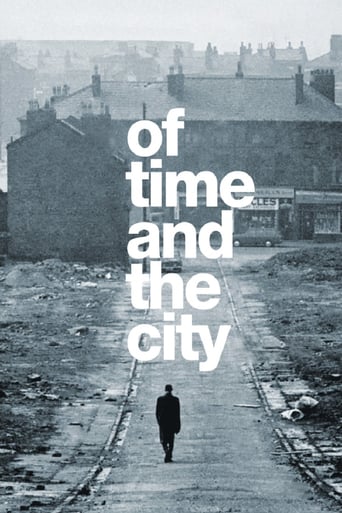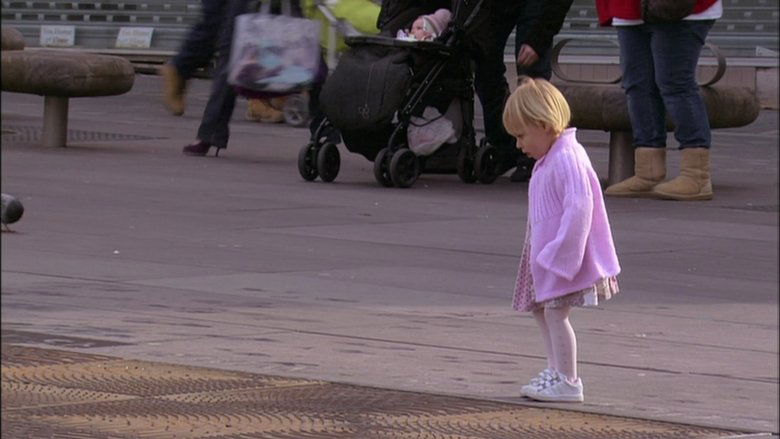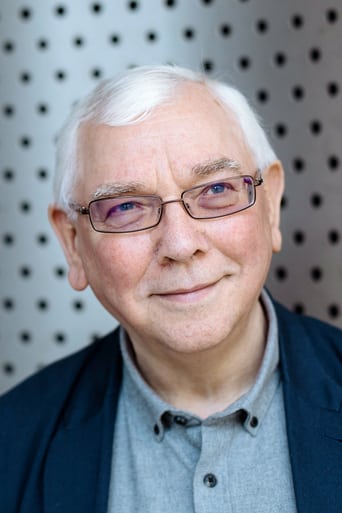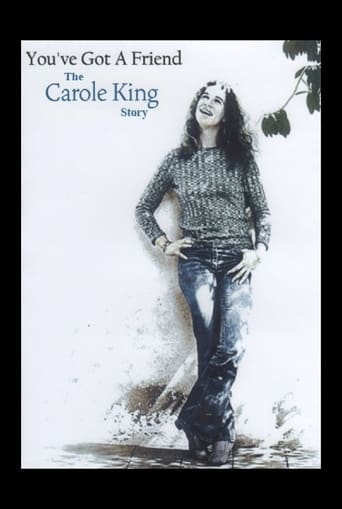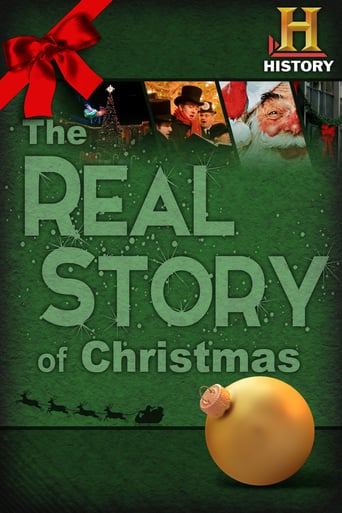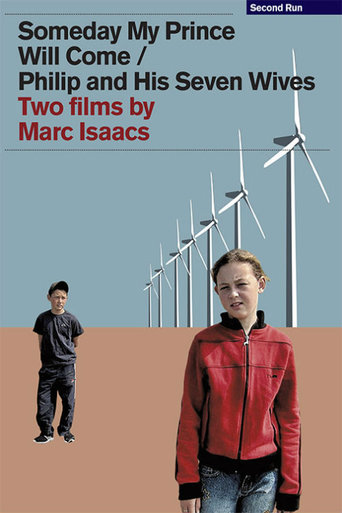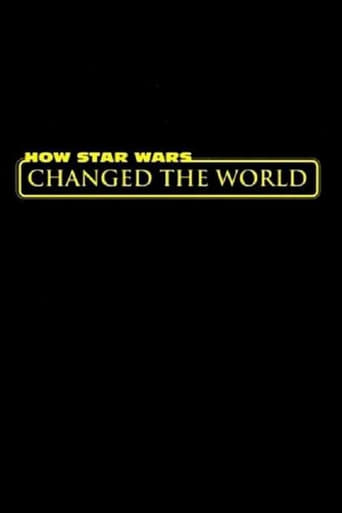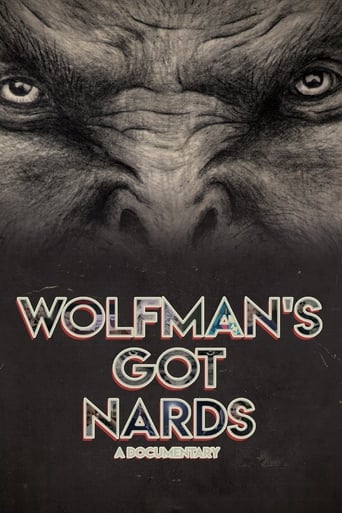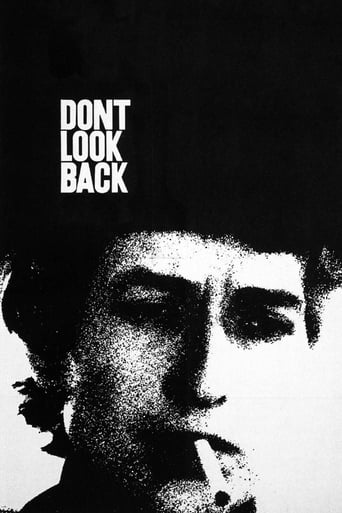Of Time and the City (2008)
British director Terence Davies reflects on his birthplace of Liverpool - his memories of growing up there and how it has changed in the years since - in the process meditating on the internal struggles and conflicts that have wracked him throughout his life and the history of England during the second half of the 20th century.
Watch Trailer
Cast


Similar titles
Reviews
Absolutely the worst movie.
If the ambition is to provide two hours of instantly forgettable, popcorn-munching escapism, it succeeds.
The film may be flawed, but its message is not.
Very good movie overall, highly recommended. Most of the negative reviews don't have any merit and are all pollitically based. Give this movie a chance at least, and it might give you a different perspective.
Terence Davies used to be an actor and narrates this film as well as directing it. The film is a mixture of archive footage set with music, songs, poetry, speeches and narration, some of it set with a bombastic tone by Davies.The start is interesting as it reflects his childhood Liverpool, the post war years which also mirrors its industrial decline. You feel the power of the Catholic church and as Davies gets older his burgeoning feelings of homosexuality causes conflict with his religious belief and guilt for having feelings that would not only bring spiritual damnation but which was also illegal at a time he was growing up.Over time mores and laws change and his love of song and pop music gives way to a keen interest in classical music. As with these films where they use archive clips, your interest is not always sustained and the narrative focus is lost. Thankfully Davies does not emit faux nostalgia for The Beatles whose presence in clips is thankfully short but there is little about the rise of Liverpool football club from the 1960s which leads me to presume he does not like football or supports Everton!As an irregular visitor to Liverpool since the early 1970s when I was a kid, this is a city whose changes I have seen with my own eyes whether its been bad or good. As he reaches that time period I began to feel the Liverpool I remember and especially its agitation politics diverts from his vision of the city.Davies has no time for the Royal Family and the Pope but he is also starts distancing from his home city but what did he think about the mess of the 1980s and the rise of the Militant Tendency? Its something I wished that was dwelt on more but of course by that time he switched from acting and became a director and his life went on a different turn.
This film is a subjective essay, and if you like the Church, the Pope, and the Queen and enjoy a stereotypical view of a green and pleasant post-war Britain, then it probably isn't for you. The realities of slum terraces and the tenement blocks that replaced them are here refreshingly and honestly celebrated by someone with the wit and wisdom to look beneath the usual, superficial glazing of nostalgia that makes some people think that we're living in a Britain now that is broken in comparison to the good old days. The truth is exposed time and time again through these images, and the accompanying words and music. It covers the period from the time when polishing the doorstep was a back-breaking social necessity, up to the 1980's by which time the poor in Britain's cities were expunged of any remaining dregs of social interaction and when the new tenements - built to replace the slums - were already falling into slums themselves. In focusing on one city, and one set of memories, the film successfully captures an essence of place that goes beyond Liverpool. Its subheading is "a love song and a eulogy", but this simply conveys the way in which this film evokes emotion. In truth, this 'visual symphony of rhythmic images' is nothing less than a stunning work of art.
His first film since House of Mirth in 2000, Terence Davies' elegiac documentary Of Time and the City is a snapshot of memories from his formative years in Liverpool, England, a city mostly known to the world as the home turf of the Beatles. Consisting of archival footage, personal photographs, and contemporary video, Of Time and the City is not meant as a historical document or a linear chronology of events but as a poetic tribute to the city in which he lived from 1945 until 1973, a tribute, however, that is unfortunately tinged with bitterness toward the institutions that made his life as a gay man full of anguish.Proclaiming that "the world was young and oh how we laughed", Davies shows us glimpses of early days at the beach with extras serving as stand-ins for his family, football matches with their huge crowds, and many, many children with smiling faces. There are also photos of working class families going about their daily chores, carrying their laundry down the street to neighborhood laundries on the top of their head, and buildings defaced with prominent graffiti. To provide context for the images, the film's soundtrack offers bits of popular and classical music, operatic arias, excerpts from radio programs, and Davies' own narration of passages from Yeats, Joyce, Engels, Chekhov, Jung, and Eliot, all delivered in a tone of solemn incantation.Davies remembers his love for American movies and how he was addicted to Hollywood musicals, westerns, and dramas when he was a young man. Highlighting the appearance of Gregory Peck at the Ritz Theatre across the river from Liverpool, Davies recounts that "my love was as muscular as for my Catholicism, without any of the drawbacks." Raised as a devout Catholic, the director, now 64, seems to reserve his best barbs for the institution that thwarted his self expression, telling us that religion is "all a lie" and that he has become a "born-again atheist" even while acknowledging his guilt for going to wrestling matches to sneak a feel at passing bodies.To the music of the Ewan McColl song "Dirty Old Town" from 1949 that evokes the factories of northern England, the film shows us the poverty and the slums that were torn down in the 1960s only to be replaced by sterile high rise projects which did little to alleviate the poverty. "We had hoped for paradise", Davies proclaims, "we got the anus mundi", a phrase that does not require a translation. He also does not spare the British monarchy from his venom, calling the coronation in 1953, "Betty and Phil and a thousand flunkies." He notes the amount of money that was "wasted on the monarchy...privileged to the last," while the rest of the population, "survived in some of the worst slums in Europe!" As for the Fab Four, the only mention they are given is a condescending "yeah-yeah-yeah-yeah," when they are shown in a Liverpool gig. Following the tradition of what he calls "the British genius for creating the dismal," Davies does nothing to lighten the gloom or show the resiliency of the folks in that "dirty old town" but offers only a decidedly skewed look at a vibrant creative city, distorted by his own memories of isolation. Calling his film his "chanson d'amour for all that has passed," Davies fails to communicate the warmth and love implicit in that label. He quotes Chekhov that "the golden moments pass and leave no trace", yet fails to see that for the golden moments to leave their mark, one needs to look past the anger and expand one's vision to see the "Penny Lanes" and the "Strawberry Fields Forever".
I'm not from Liverpool, Scots actually, but have lived alongside it for forty years and it is one of the most fascinating cities architecturally, politically, socially and historically that one can come across. Even today its image and the mere mention of the name Liverpool can split the UK into two opposing factions. It has provided this country with some of the best (and some of the worst!) politicians, singers,poets, musicians, writers, statesmen, sportsmen and women, comedians, medicos, actors...you name it! It also had the blight of some of the worst housing, past and modern. It's had to put up with the blinkered meddling of inner-city planners since the fifties trying to rip the heart out of this jewel of a city. Fortunately some 'good men and true' had the vision and foresight from the 70's onwards to put the brakes on some of the excesses. But unforgivably, those inner-city planners took Scottie Road to the knackers yard instead of putting it out to stud.Terence Davies casts a weary and at times tearful eye over the broad expanse of the city that shaped him. His homosexuality and the trauma that his deep catholic upbringing imposed on him made him a cynic. But that is not a bad thing. Cynicism is part of all of us and Davies imbibes his cynicism with mistrust and love and affection for a city that is in his marrow. Like the Scots, all true Liverpudlians, where e're they travel, are products of their upbringing and are never ashamed to admit it. Watch this film with the sound off and it merely becomes a travelogue of the best and worst of this place. Watch and listen to Davies's commentary though, and the film takes on a vibrancy that fairly pulsates. Liverpool, through this film, becomes a city that breeds high blood pressure. For every beautiful building there is a slum, for every shopping mall there is a 'Bluecoat Chambers', for every wino begging on the subway there is a wisecracking Scouser trying to sell you something on the open-air markets, for every tragedy there is a joyous moment, for every factory that closes there is an entrepreneur starting up. This polyglot of a city breathes..and it breathes life into its people. Walk down some of the old original cobbled alleys off Dale Street or Whitechapel (how did the planners miss them!!) and you can hear this city despairingly whisper into your ear.."Don't forget me!" Davies captures the city and its contradictions and does it beautifully through his careful choice of film and especially through his words. For him it's a love affair and like all such things there is hurt, despair, complacency, anger and moments of pure joy. He can hate his city with a vengeance but it flows through his veins. He knows it and he knows he'll never escape from it. This is HIS Valentines card to HIS city and he has signed his name on it. For the rest of us, this is Liverpool drawn on a wide canvas but in such sharp detail that it needs more than one viewing. Highly recommended.

